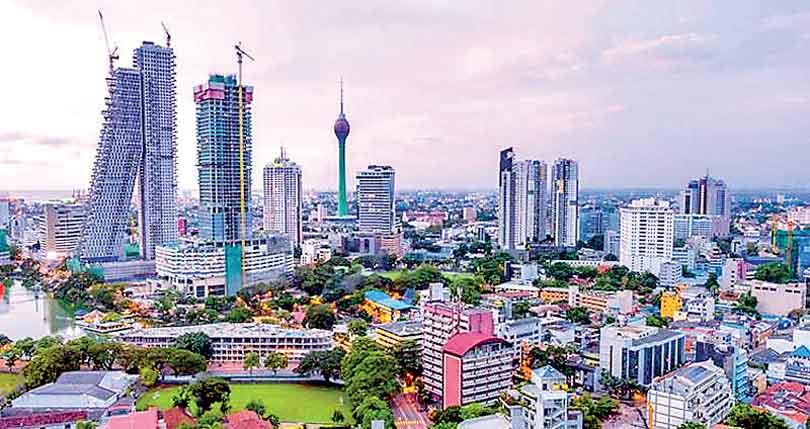Reply To:
Name - Reply Comment

Any disruption to this programme would incur significant economic costs, including growth setbacks, loss of confidence, and prolonged negative investor sentiments
Sri Lanka’s economic recovery is gaining momentum, with the continuation of the International Monetary Fund (IMF) Extended Fund Facility (EFF) arrangement and progress on structural reforms being key factors, the Central Bank announced.
However, the financial sector regulator warned that any disruption to this programme would incur significant economic costs, including growth setbacks, loss of confidence, and prolonged negative investor sentiments.
The latest Monetary Policy Report released yesterday, pointed out several downside risks that could affect growth projections in the near to medium term. Some of the key risks include weaker demand for exports amidst the slow recovery of trading partners and increased geopolitical tensions.
Labour shortages and low productivity resulting from significant professional and skilled outmigrations is also an area Sri Lanka has to keep an eye on.
While adverse effects of possible weather anomalies on agriculture activities could have an impact, unfavourable effects on investment activity and demand conditions due to increased taxes are areas of concern.
However, on the upside, any faster-than-expected recovery of tourism and related sectors could contribute to improving economic activity.
The Central Bank pointed out that the relaxation of import restrictions could have growth-positive effects, since it can result in the recovery of some sectors that have remained muted over the past two years. Such include import businesses, construction, and certain manufacturing industries.
“The Colombo Port City and other infrastructure developments have shown some increased levels of activity, and they could contribute to improving overall economic performance,” it said, while noting that speedy recovery in global trading partners could be favourable for the recovery of external demand.
With regard to inflation, when downside risks are considered, the increased availability of imported items could contribute to moderate prices of some manufactured items due to competition from imports.
At the same time, the report highlighted that the sustained impact of the diminished purchasing power of the public could keep demand conditions suppressed, thereby exerting downward price pressures at levels larger than those captured in model projections via policy tightening.
Moreover, possible faster recovery of supply conditions driven by the recovery of sectors affected by import restrictions could also contribute to arresting inflationary pressures.
The upside risks to baseline inflation projections can arise from various factors such as; the possibility of more than anticipated second-round impacts of increased taxation; possible wage hikes; the impact of possible adverse weather on agricultural production and supply chain limitation. The latter could in turn affect food inflation.
The uncertainty over global oil, energy and food prices, particularly amidst volatile geopolitical tensions, could pose upside risks to inflation projections, the Central Bank said.